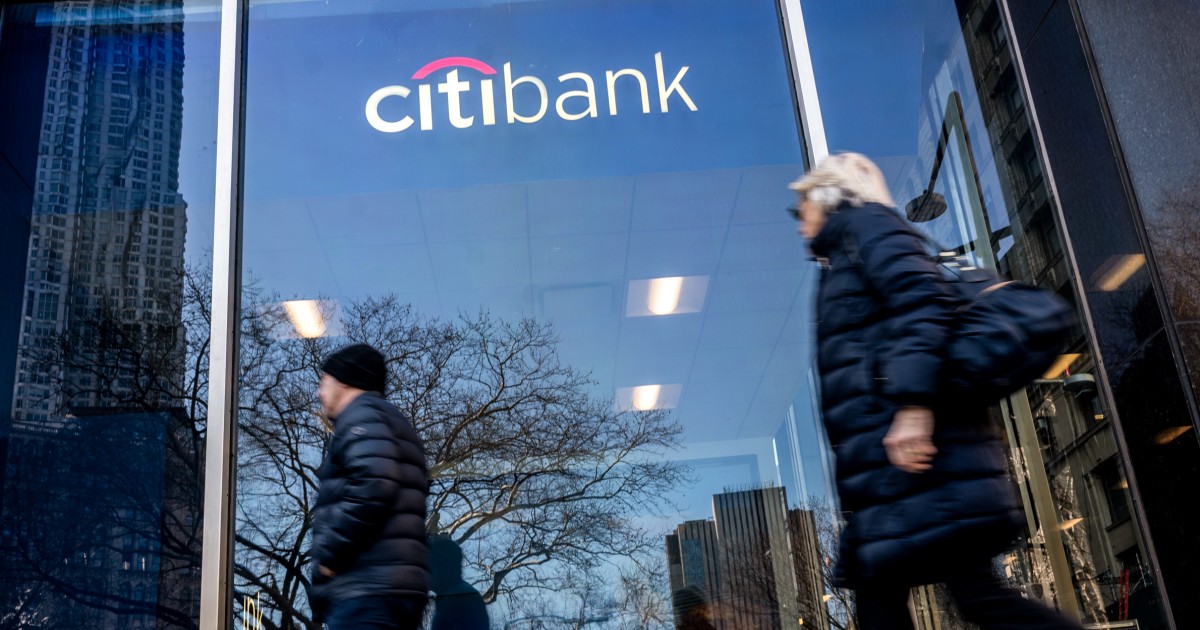Citigroup Ends Firearm Policy Amid Political Pressure
Citigroup has rolled back its seven-year policy restricting banking services to firearm-related businesses, citing changes in regulatory and political landscapes.
Overview
Citigroup has announced the end of its policy restricting banking services to firearm manufacturers and sellers, which was implemented after the 2018 Parkland shooting. The bank's decision comes amid political pressure regarding 'debanking' practices and aims to ensure fair access to financial services regardless of political affiliation. Citigroup will update its Code of Conduct to reflect this commitment. The move has drawn criticism from gun-control advocates, who argue it undermines efforts to prevent gun violence. The change aligns with broader discussions in Congress about regulating financial institutions' practices related to reputational risk.
Content generated by AI—learn more or report issue.

Get both sides in 5 minutes with our daily newsletter.
Analysis
- Citigroup's decision to lift banking restrictions on gun makers and sellers marks a significant policy change.
- Gun-control advocates criticize the bank's move, arguing it undermines efforts to promote responsible gun ownership.
- The article presents a balanced view, acknowledging both the bank's business interests and the concerns of gun-control supporters.
Articles (3)
FAQ
The original policy was intended to promote best sales practices as a prudent risk management measure, following the 2018 Parkland shooting. It did not address firearm manufacturing.
Citigroup ended its firearm policy due to changes in the regulatory and political landscape, aiming to ensure fair access to financial services regardless of political affiliation.
The decision aligns with ongoing discussions in Congress about regulating financial institutions' practices related to reputational risk and 'debanking' practices.
History
- This story does not have any previous versions.


